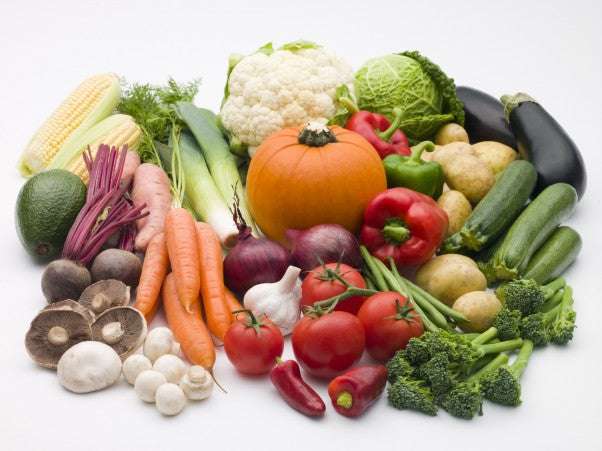By John Weisburger, PhDInternational comparisons show that people who eat green and yellow vegetables and fruits have a lower incidence of many types of cancer.
The immediate thought that comes to mind is that vegetables and fruits are good sources of vitamins and minerals.
However, vegetables and fruits contribute much more to good health than just vitamins. They are sources of phytochemicals (plant chemicals), which are not nutrients, but are biologically active compounds.
Just as humans produce antibodies to ward off infection, phytochemicals offer protection to plants. They may also be protective for us.
There are many different types of phytochemicals in plant foods. These include indoles in vegetables of the cabbage family, sulfur compounds in garlic and leeks, lignans in flax seed, and carotenoids in many vegetables. Phytochemicals may stimulate the immune system, help to detoxify harmful chemicals, affect hormone levels, and control cell growth; but of particular importance is the action of some phytochemicals as antioxidants. Antioxidants neutralize the abnormal reactive chemicals in our body that can lead to heart disease or initiate cancer.Source: Vegetarian Nutrition & Health Letter Vol.1 No.1, published by Loma Linda University. Used with permission.





